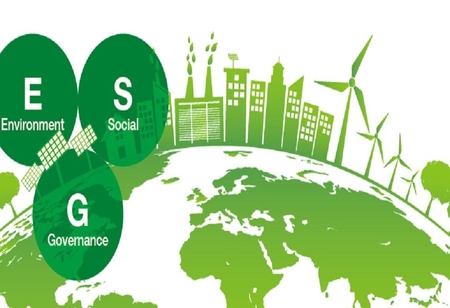To ensure the ability of future generations, sustainable development must be carried to meet the requirements of the present day. This development is affected by many problems as well as situations where it has become necessarily important to consider social, cultural, political, economic factors. All these parameters are looked upon very seriously. Hence, it can be defined as an attempt towards balancing economic development, and ensuring environmental development and economic development.
Sustainability of Supply Chain is getting quite the traction due to the need of generating value that serves as a differentiating element against competitors. The pressure of stakeholders that includes shareholders, incestors, customers, among others. And lastly, it is also gaining traction due to the growing regulations and policies that are being enacted to safeguard the environment.
However, according to Masaaki Imai, a Japanese consultant’s quote, “It is impossible to improve any process until it is standardized. If the process is shifting from here to there, then any improvement will just be one more variation that is occasionally used and mostly ignored. One must standardize, and thus stabilize the process, before continuous improvement can be made.”
Also, Taiichi Ohno, father of Toyota Production System (TPS) had once quoted, “All we are doing is looking at the time line, from the moment the customer gives us an order to the point when we collect the cash. And, we are reducing the timeline by reducing the non-value adding wastes.”
So to overcome the challenges related to the incorporation of sustainability in the supply chain, technology such as Industry 4.0 and Big Data have become somewhat necessary. With the advancements in technologies, the world has been transitioning towards digital living.
For instance, Industry 4.0 and Big data have now come into play and is set to further bring disruptions in the marketplace across the globe. Everything is now getting digitized and automation has taken a major leap to provide a suitable environment in this technology revolution.
When the world was paused due to worldwide lockdown, it gave businesses a perfect time to transition themselves; a testing phase of digitization one might say. This would allow machines, components, individuals and systems to create a smart network where they share data and monitor every structured or unstructured data from the sea of data across the network and systems.
With integrations of various technologies across the network and the system, it will bring the optimum and effective service environments.
Industry 4.0 is expected to change our world for good. It is set to build a better sustainable industrial value which will be significant in the near future. It will enable a robust resource allocation, i.e., it will bring sustainability across various aspects that includes energy, water, raw material, to name a few.
Sustainable Supply Chain Management currently is in its nascent stage hence we still need to bring logical advancements so as to provide the utmost benefit out of it. The development of Industry 4.0 and Big Data to enhance supply chain is limited but advancing steadily.
All these rapid industrialization and modernization has also deeply affected the environment which every one is well versed about it already. Hence, to counter this and safeguard our environment, a new model called Green Supply Chain Management which can bring sustainability and aid in safeguarding the environment from any kind of harsh treatment or pollution.
It also considers a combination of environmental thinking along the intra- and inter-firm management across supply chain (upstream and downstream).
Hence, a Green Sustainable Supply Chain (GSSC) means making every step and approach towards supply chain management would be in an eco-friendly manner; from designing to manufacturing to transporting, among others.
